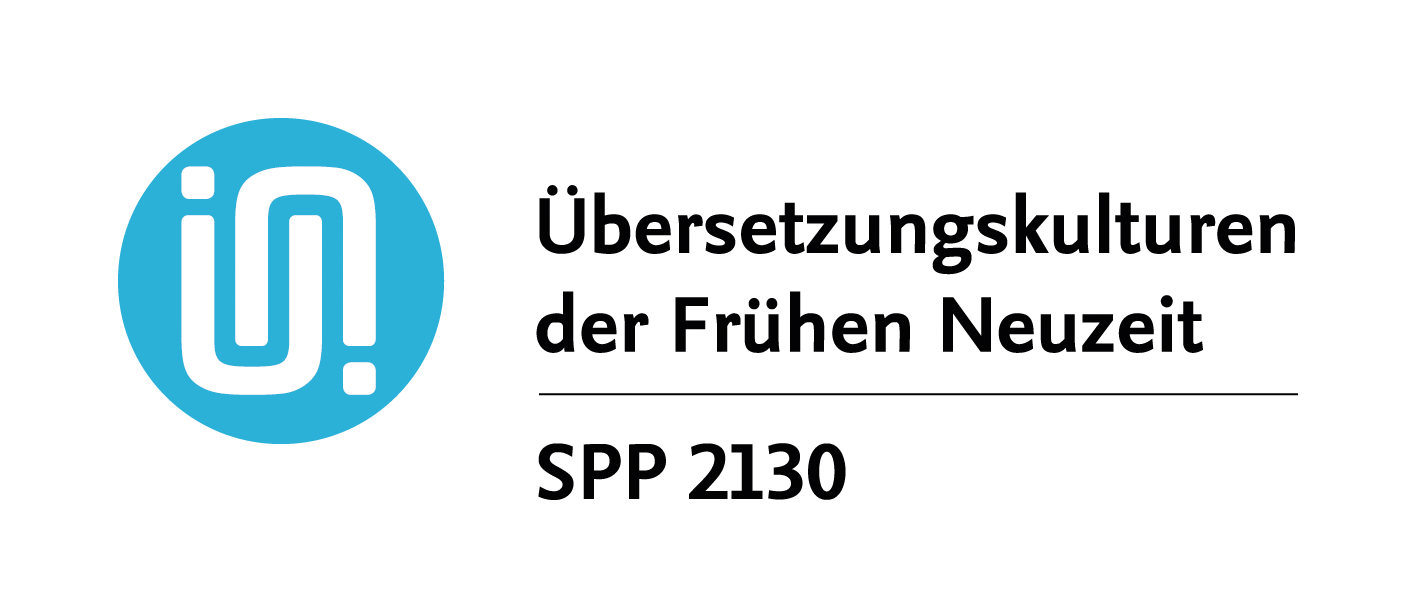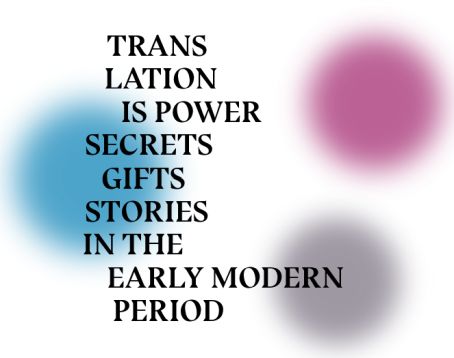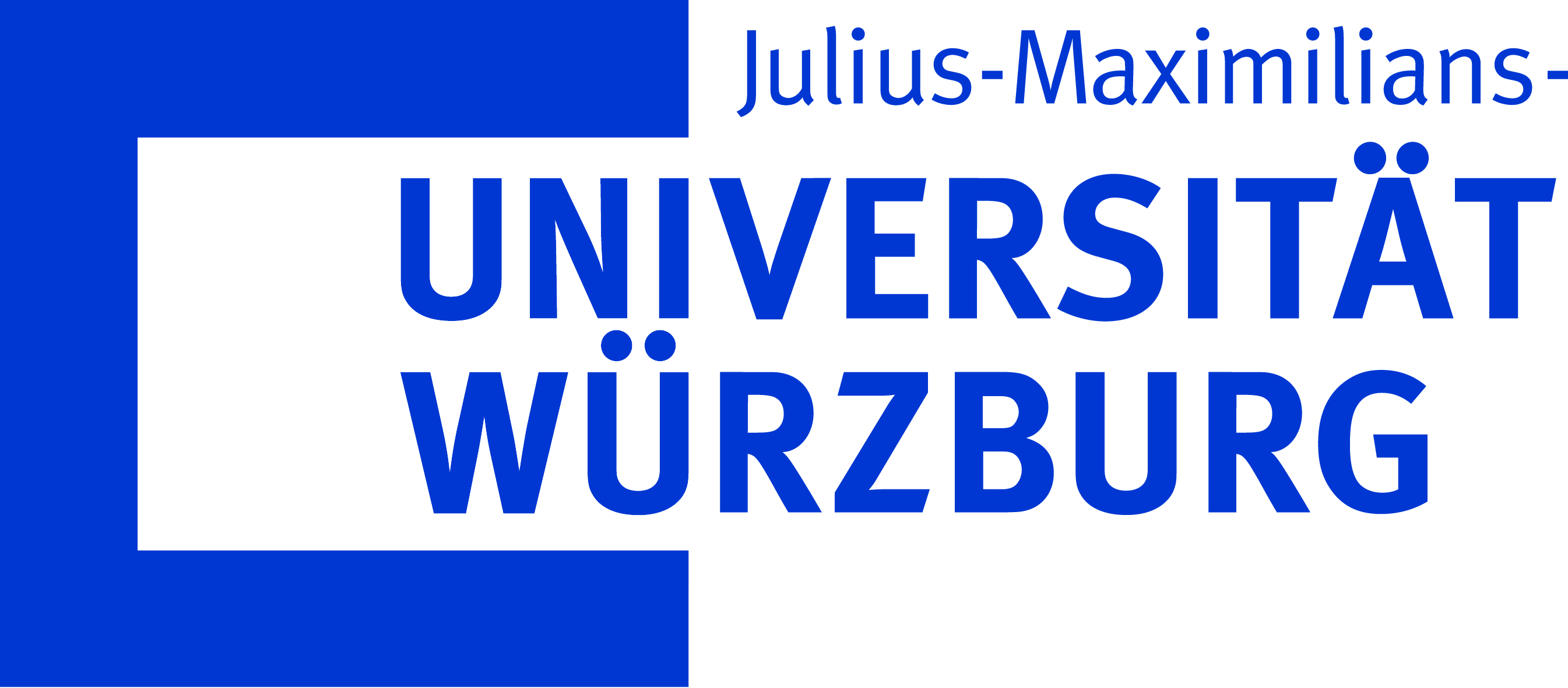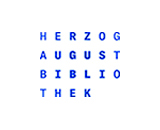Semantics of Translation
Semantics of Translation in Early Modern German Narrative Literature
Translation – Knowledge – Narration
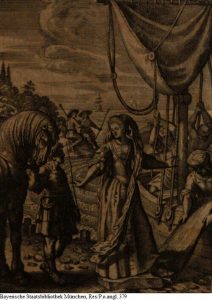
translation of Sidney’s Arcadia (1638)
In the second phase of SPP 2130, this project about German knowledge and narrative literature will examine the historical semantics of ‘translation’ in the Early Modern period. While the investigation is to be based on seventeenth-century German narrative literature, its scope will also be extended geographically to encompass neighbouring European languages and temporally to include the sixteenth and eighteenth centuries. In addition to contemporary poetry and scholarly texts, the focus will be on paratexts (prefaces, dedicatory poems, etc.) in narrative literature as well as fictional translation scenes in narrative texts. The key question in this context is how translation procedures and practices are conceived in these texts in proto-theoretical forms of representation, i.e. in terms of terminology, metaphors, motifs, and themes. With respect to methodology, the project will undertake a literary historiography of semantic units that seeks to combine and specifically develop previously elaborated concepts relating to matters such as the history of terms and motifs as well as the literary/historical/philological approach of metaphorology and thematology. By these means, the project aims firstly to contribute to the history of translation theory avant la lettre and secondly to focus on narrative literature in order to further an understanding of how fictional narrative originated from seventeenth-century translation activities.
The project is based at the German Studies department of the University of Heidelberg. Professor Dirk Werle is the principal investigator and Fiona Walter is a team member.
- Project website at the University of Heidelberg
- Project presentation of phase I
